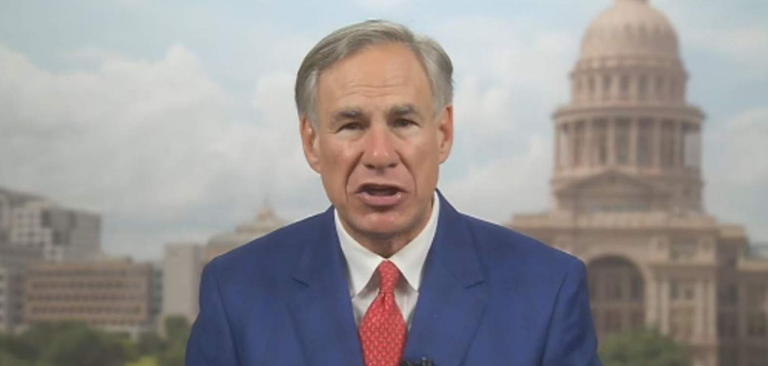Governor Greg Abbott (R-TX) announced a bill that would make it illegal for social media companies to censor Texans. The bill was inspired by what the Governor considers to be social media companies’ assault on the First Amendment.
“We see that the First Amendment is under assault by these social media companies, and that is not going to be tolerated in Texas,” Abbott said in a press conference. “There is a dangerous movement spreading across the country trying to silence conservative ideas, religious beliefs.”
Abbott likened the cancel culture on social media to woke culture on campuses that inspired Texas legislators to introduce the “Campus Free Speech” bill, which the governor signed into law in 2019.
The governor compared social media companies to the public squares in the past.
“These are the areas that used to be the courthouse square where people would come and talk,” said Abbott. “Now, people are going to Facebook and Twitter to talk about their political ideas, and what Facebook and Twitter are doing – they are controlling the flow of information, and sometimes denying the flow of information.”
“Texas is taking a stand against big tech political censorship. We are not going to allow it in the Lone Star state,” Abbott added.
According to Abbott, the Senate Bill 12, sponsored by State Senator Bryan Hughes, will protect the people of Texas “from being wrongfully censored on social media, making sure that their voices are going to be heard and canceled or silenced.”
The bill would also allow canceled or censored Texans to file a lawsuit against a social media company “and make sure they are able to get back on.”
“The United States of America was built on freedom of speech and healthy public debate,” the governor added. “Big tech’s efforts to silence conservative viewpoints is un-American, un-Texan, and it is unacceptable. And pretty soon, it’s going to be against the law in the state of Texas.”
Senator Hughes, who was also present at the press conference, explained why he thinks censorship by social media companies should be illegal.
“We don’t allow your phone company to cut you off because they don’t like your politics, your cable company can’t cut you off because of your religion,” said Hughes. “These social media companies are common carriers. They have chosen to enter into that business, and they cannot discriminate against people in a violation of the First Amendment.”








